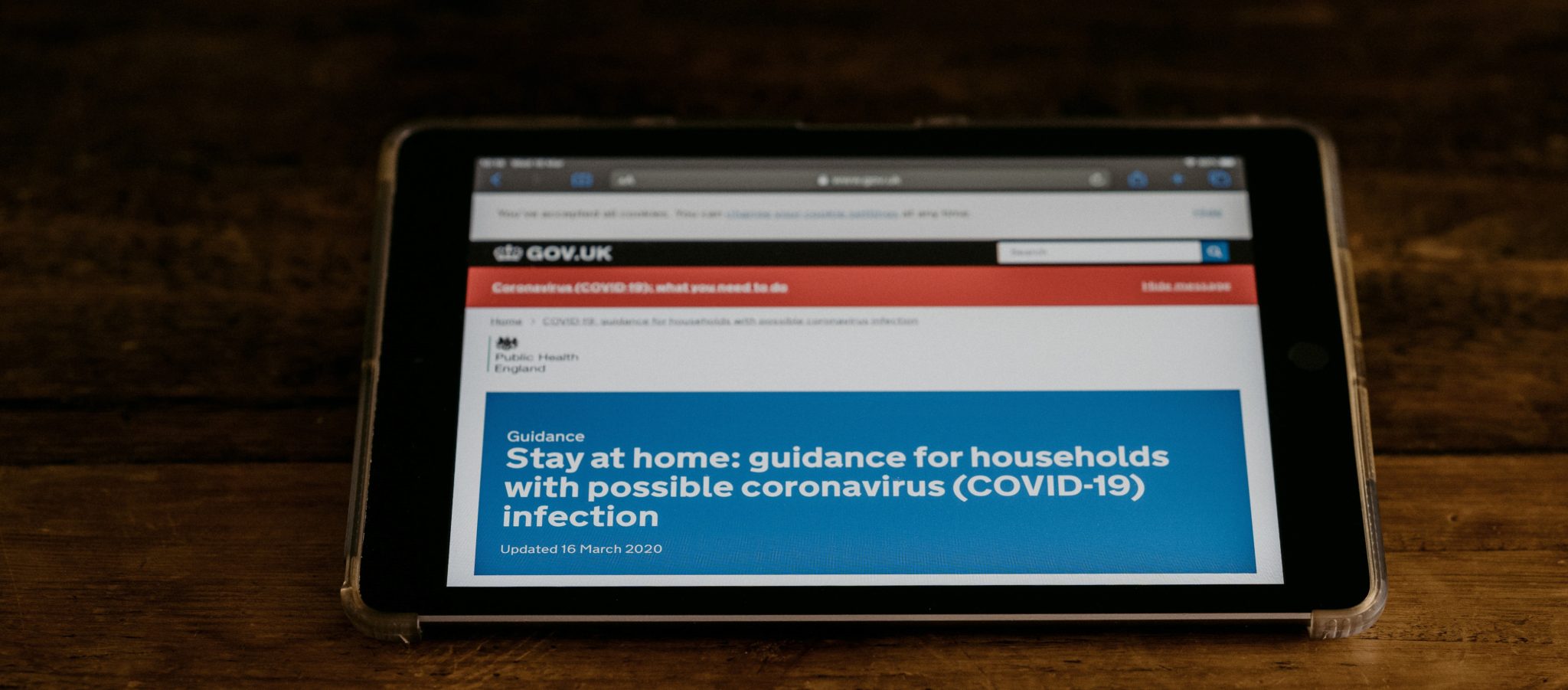
Balancing the health of the nation with the health of the economy - 10 key takeaways
On 15th October WA hosted an event exploring the difficult decisions facing government in balancing the health of the nation with the health of the economy.
With a second wave of Covid-19 upon the UK and much of Europe, political, media and public pressure is building, and a difficult winter is approaching.
We brought together an expert panel to consider the issues, hosted by WA Director Caroline Gordon. The speakers included Tom Newton Dunn (Chief Political Commentator and Presenter at Times Radio), Poppy Trowbridge (former Special Adviser to the Chancellor and WA Advisory Board Member) and Dr Jonathan Pearson-Stuttard (Epidemiologist at Imperial College London).
It was a wide-ranging debate (watch here if you missed it), but what were the key takeaways?
Here are our top 10 points made during the discussion:
1) The prosperity of a nation is inextricably linked to the health of a nation:
The pandemic has taught us the value of public health cannot be underestimated. A legacy of Covid-19 must be a proper review of how we approach public health and what we ask of the NHS.
2) Devolved and regional politics has grown in power:
With healthcare devolved to national governments and Metro Mayors exercising influence over local lockdowns, leadership over the pandemic has often come from politicians not based in Westminster. What will this mean for the Government’s agenda beyond Covid-19?
3) Government is still stuck in campaign mode and not thinking long term
It’s no great surprise that a government of campaigners would think in campaign terms, but their focus has been too short term and the messaging too ambitious. With the pandemic creating complicated and long-term challenges they need to find a more nuanced way of communicating.
4) The libertarian principles of the Government are holding it back from decisive action
The restrictions being introduced to manage the spread of the virus are unprecedented for any democratic government, but they particularly jar with the PM’s brand of libertarianism. That conflict, manifested in hesitation and delays about enacting measures, has surfaced repeatedly through the crisis.
5) No 10 and No 11 have been closely aligned, but that could be fraying
There has often been tensions between the inhabitants of No 10 and No 11 Downing Street, but in Boris Johnson and Rishi Sunak there has been unusual harmony up to now. That consensus, however, is coming under strain with the Treasury keen to focus on keeping the economy moving and resistant to overly restrictive measures. How this relationship plays out could come to define the rest of this government’s term, particularly with the Chancellor being tipped as the most likely successor to the PM.
6) Internally government realise ‘Test & Trace’ is not working
With no clear vaccine timetable or even the promise that one will work, NHS Test and Trace is the only route back to a degree of normality. A fully functional test and trace system was the only reason SAGE agreed to the unlock over the Summer, but the Government’s centralised approach has been beset by problems. Whilst they have not publicly admitted it, quietly they are beginning to shift people and resources towards local test and trace approach which has been much more effective.
7) The government could do a lot more to help businesses navigate the crisis
Government offloaded too much responsibility onto businesses and were not clear about how long restrictions were likely to be in place. This uncertainty has meant businesses can’t plan effectively and many have taken an understandably cautious approach because of this. With unemployment rising, the Government needs to find a way to give business the confidence to invest and create jobs.
8) The public consensus is fragile compared to the first wave
People feel ‘cheated’ by being ask to lockdown again – they were willing to trust the process first time around, but a lack of faith in the government a second time around (not helped by the Dominic Cummings affair) could undermine the effectiveness of measures for the second wave.
9) England and Wales has one of the worst excess death tolls in Europe
Dr Jonathan Pearson-Stuttard’s research has shown that excess deaths in England and Wales were 37% above normal, second only to Spain’s 38% as the worst performance in Europe. When the public inquiry into the handling of Covid-19 finally comes, there will surely be questions to answer.
10) The Government’s long-term ambitions are on hold
It may not feel like it, but we are still in the early days of this Government. Elected back in December 2019 with a strong majority, the crisis has put the brakes on the broader policy agenda as they battle to tackle the virus and shore up an unstable party. The Government is a long way from making strides on its domestic agenda, businesses need to try to understand what each Department is trying to achieve despite the virus and bring solutions and opportunities for good news.
These are just a handful of takeaways from a wide-ranging and fascinating discussion, you call watch the full video exploring how to balance the health of the nation with the health of the economy here.